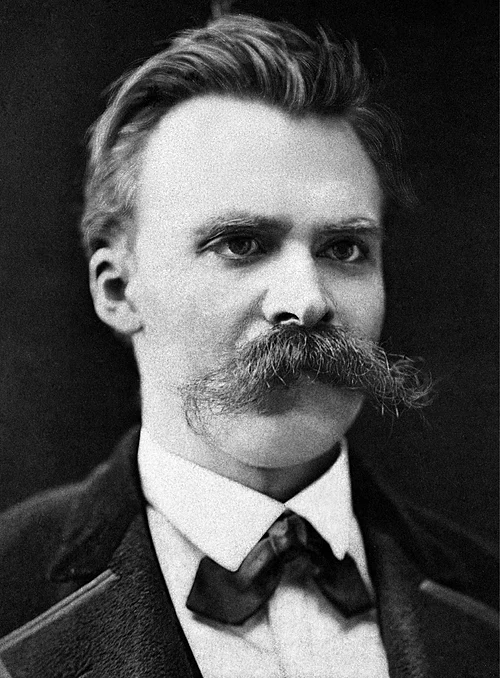Books By Friedrich Nietzsche
12,00 د.ا Original price was: 12,00 د.ا.11,50 د.اCurrent price is: 11,50 د.ا. 12,00 د.ا Original price was: 12,00 د.ا.11,50 د.اCurrent price is: 11,50 د.ا. 9,00 د.ا Original price was: 9,00 د.ا.8,50 د.اCurrent price is: 8,50 د.ا. 7,50 د.ا Original price was: 7,50 د.ا.7,00 د.اCurrent price is: 7,00 د.ا. 13,00 د.ا Original price was: 13,00 د.ا.12,50 د.اCurrent price is: 12,50 د.ا. 3,50 د.ا Original price was: 3,50 د.ا.3,00 د.اCurrent price is: 3,00 د.ا. 5,00 د.ا Original price was: 5,00 د.ا.4,50 د.اCurrent price is: 4,50 د.ا. 9,00 د.ا Original price was: 9,00 د.ا.8,50 د.اCurrent price is: 8,50 د.ا. 6,00 د.ا Original price was: 6,00 د.ا.5,50 د.اCurrent price is: 5,50 د.ا. 5,00 د.ا Original price was: 5,00 د.ا.4,50 د.اCurrent price is: 4,50 د.ا. 7,50 د.ا Original price was: 7,50 د.ا.7,00 د.اCurrent price is: 7,00 د.ا. 12,00 د.ا Original price was: 12,00 د.ا.11,50 د.اCurrent price is: 11,50 د.ا. 4,97 د.ا Original price was: 4,97 د.ا.3,55 د.اCurrent price is: 3,55 د.ا. 4,97 د.ا Original price was: 4,97 د.ا.4,26 د.اCurrent price is: 4,26 د.ا. 4,26 د.ا Original price was: 4,26 د.ا.3,55 د.اCurrent price is: 3,55 د.ا.
